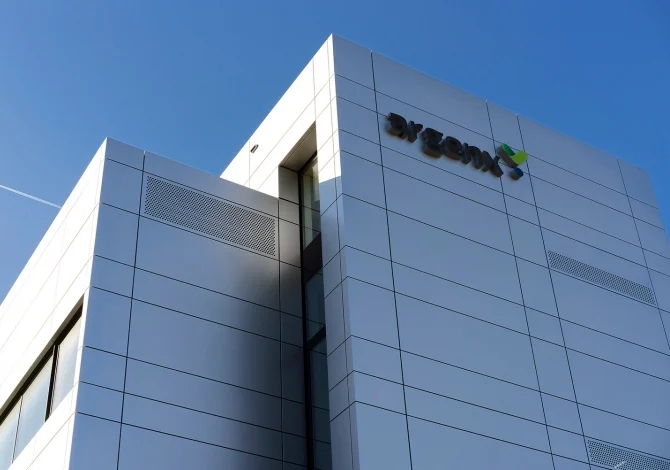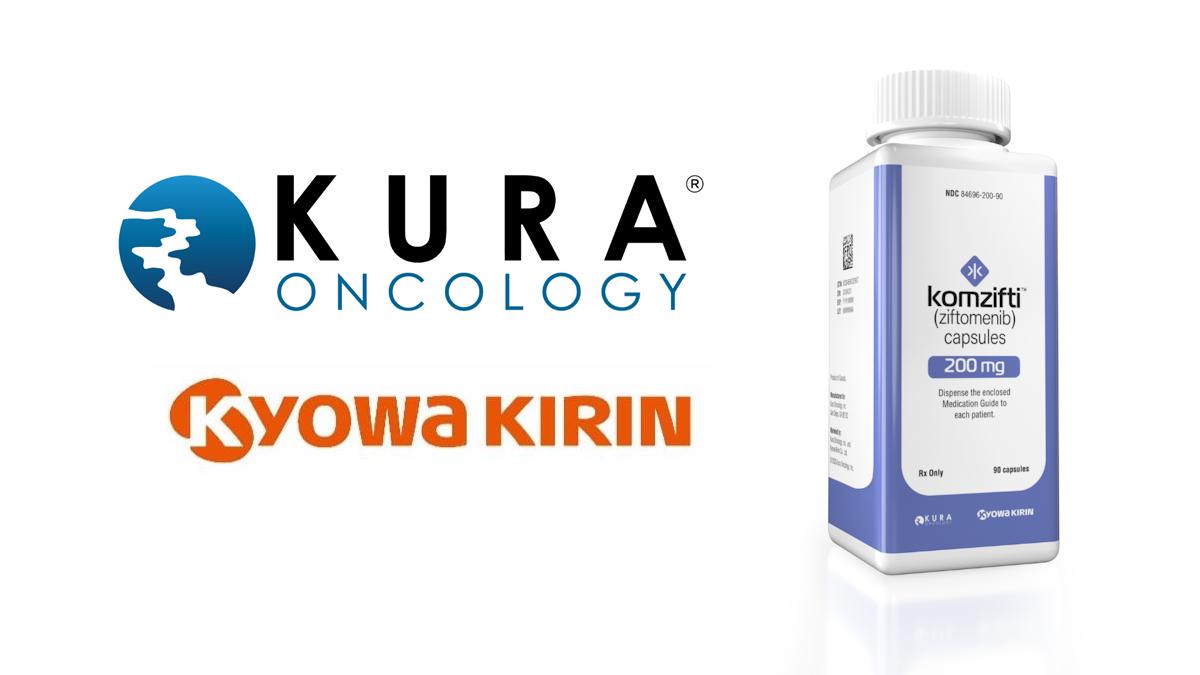J&J backs out of $1.6bn blood cancer antibody alliance with Argenx

Belgian biotech Argenx has lost its development partner for acute myeloid leukaemia antibody cusatuzumab, after Johnson & Johnson backed away from the alliance after two and a half years.
J&J's Cilag unit – part of its Janssen pharma division – said this morning that it had decided not to continue the collaboration after a "review of all available cusatuzumab data and in consideration of the evolving standard of care for the treatment of…AML."
J&J paid Argenx a hefty $300 million upfront to secure rights to cusatuzumab (also known as JNJ-4550) in December 2018, and also made a $200 million equity investment in the Belgian company as part of a deal that had a total value of $1.6 billion.
At the time, cusatuzumab was billed as an important new treatment candidate for AML and other haematological cancers like myelodysplastic syndrome (MDS). The antibody blocks CD70, an immune checkpoint, and is designed to kill malignant cells by activating the immune system against them.
Since then however the programme has generated some disappointing clinical results, including follow-up results from the phase 1/2 CULMINATE trial announced earlier this year.
The study paired cusatuzumab with chemotherapy azacitidine in people with newly-diagnosed AML who were not physically strong enough to handle intensive chemotherapy, the main first-line therapy for this type of cancer.
Initial results from CULMINATE reported in 2018 just as the partnership with J&J was announced revealed that in the phase 1 stage of the study cusatuzumab achieved an 83% response rate, with five patients testing negative for minimal residual disease (MRD) – pointing to a good chance of long-term benefit.
Fast forward to January, and data from the phase 2 stage of CULMINATE showed that the response rate had dropped to 40%, raising big questions about its efficacy.
Argenx said it was waiting for the results of a phase1b ELEVATE trial of the antibody with azacitidine and Roche/AbbVie's Venclexta (venetoclax), and in an update today said that so far that trial has a 93% overall response rate, including 48% a complete remissions.
"We believe these interim data show that cusatuzumab could be meaningful to AML patients," said the biotech's chief executive Tim Van Hauwermeiren, adding: "We plan to evaluate all alternatives to advance cusatuzumab on behalf of the AML community."
In a statement Janssen said it will work with Argenx to transition the cusatuzumab programme back, adding that patients currently enrolled in ongoing trials "will continue to be supported through treatment and follow-up."
Argenx had received $25 million in milestones before J&J's exit was announced. The company share's price was 6% weaker in early trading today but avoided a big selloff, suggesting that investors had already dialled down the importance of cusatuzumab to the biotech.
While clearly a big disappointment, Argenx will draw comfort from the progress being made with its lead programme efgartigimod for autoimmune disease generalised myasthenia gravis (gMG), which has been filed for approval in the US and Japan.












